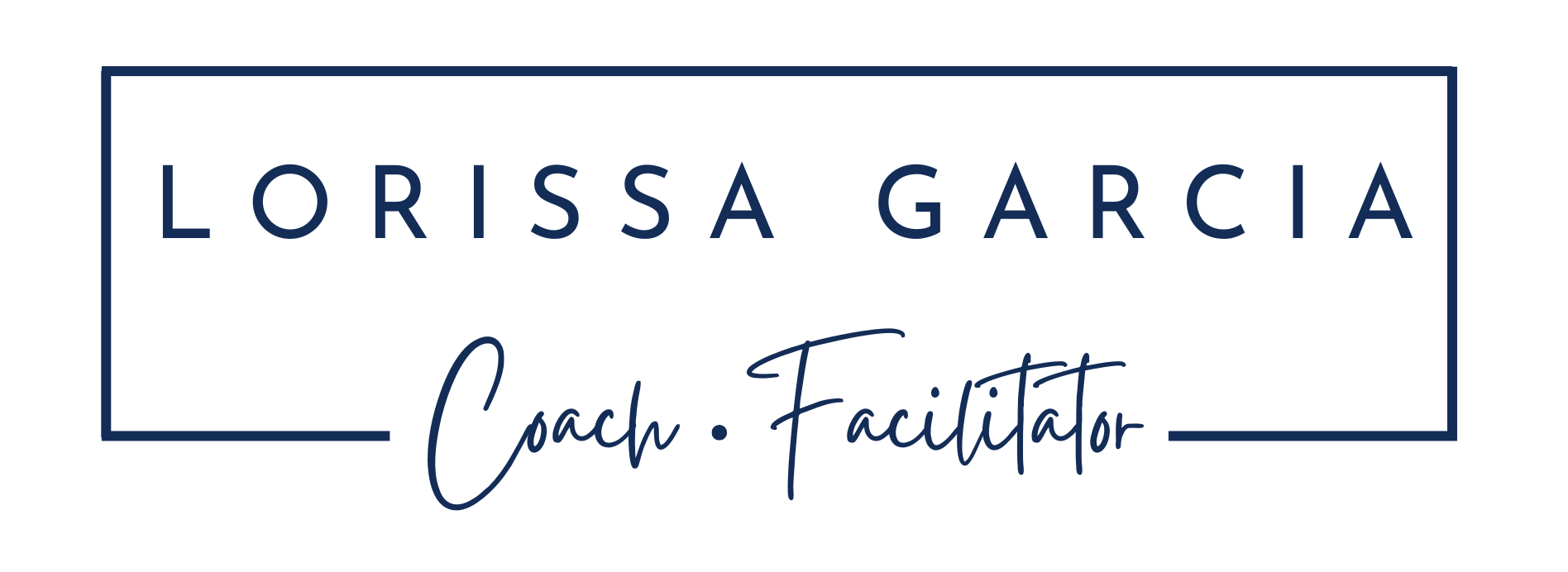Are you a HR Manager? Don’t miss these handy hints to make sure you’re prepared for this year’s performance reviews – and why HR should go first.
Can you believe it’s that time of year again? If you operate on a financial year, June is just around the corner. For many People Leaders, that means it’s time to prepare for your annual team performance reviews. It’s a busy time of year and often performance reviews sneak up on us and can take much more planning than initially anticipated.
So often, the HR team are focussed on supporting the rest of the organisation that they forget to prioritise their own reviews and that of their team members. These conversations are crucial to you as a people leader to ensure your success as a manager, the success of your team and employee engagement. These meetings provide the opportunity to have robust development conversations with each of your team members and additionally, role model the behaviours you want to see from the rest of the organisation in the review process.
With this in mind, I’ve put together some essential tips to make sure you’ll be more than prepared for your performance reviews this year.
- Block out time to write up your comments for each team member and book in individual times for their performance reviews. Spread these out if you can to do a maximum of three a day with a break in between for you to recharge and complete any additional notes, calendar entries and communications.
- Set expectations with your team: How long will their review meeting go for? Will there be just one meeting, or several? When do they need to complete their self assessment? How much detail would you like – half an A4 page for each section? a paragraph? Or are bullet points acceptable so that you can dive into the detail during the review conversation?
- Is there an objective assessment? Do you want them to nominate two or three key stakeholders so that you can get in touch with them, or could you get your team members to email their key stakeholders and request feedback on their performance and behaviours which they can then send to you prior to their review discussion?
- Set time aside to prepare for each of your team members reviews so that you know what achievements, competencies and capabilities you want to recognise, where they could improve and how you’ll support them to achieve their own goals and those of the organisation.
- Be self reflective and ask your team members what they need from you-do their expectations differ from your own? Could you be communicating with them in a different way to ensure their success, and yours? Do they have a brilliant idea to improve team culture, a certain project or initiative, or general ways of working?
- Have your team member think about their development plan-where do they want to head? What do they think they need to do to get there? What skills or competencies do they need to develop? How can you help facilitate some development to achieve this? Book in a subsequent time to explore so that you have a chance to think about the steps you can take to help get them there.
- Finish off the review process with a plan on how you will support your team member to succeed. How often will you meet? How will you support development? How do you want your team member to handle challenges? And how will you celebrate success together?
- Finally, your role as a People Manager is to support the other managers in the business with their reviews of their staff. As a Manager completing your reviews first, take the learnings, insights and tips and use these to play an active coaching role for your managers. This is value add and provides more meaning – thereby reducing the risk of the process becoming a tick box exercise for your organisation.
What else do you do to prepare for review time? Is there anything else I can do to help you prepare? What questions do you have that you need to chat about? Reach out, let’s start a conversation.




